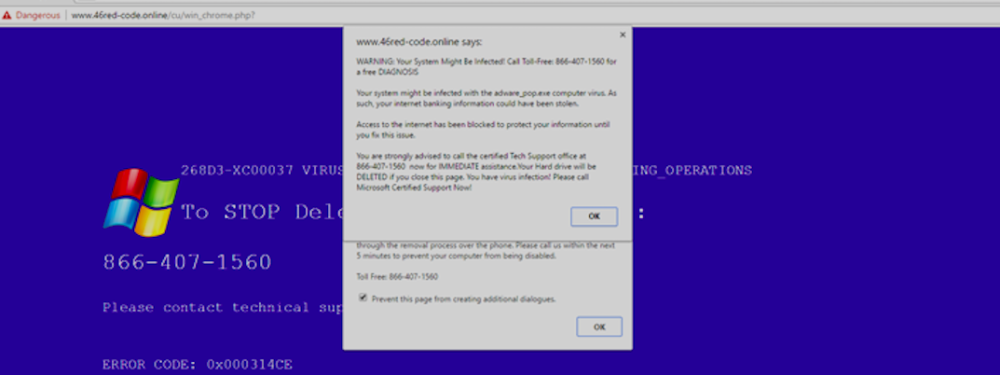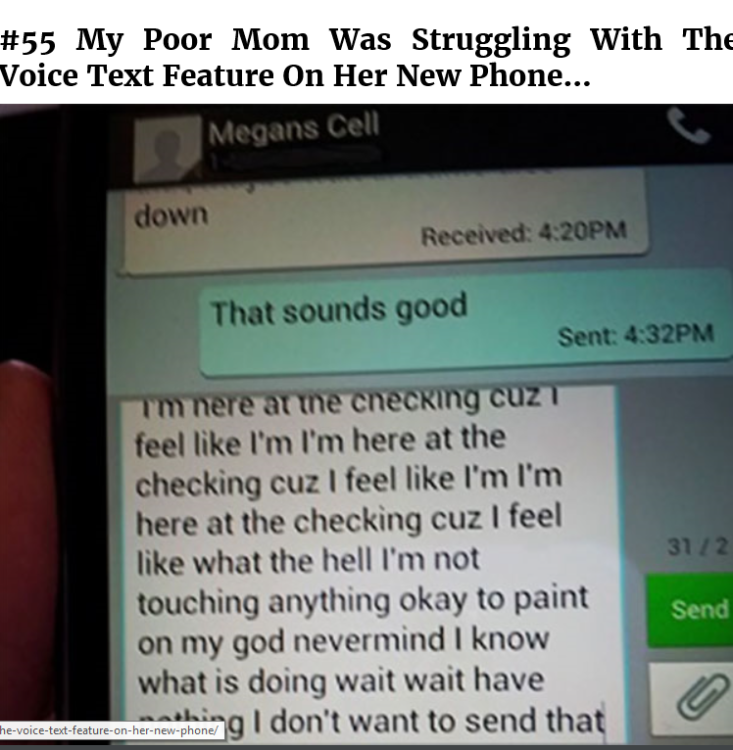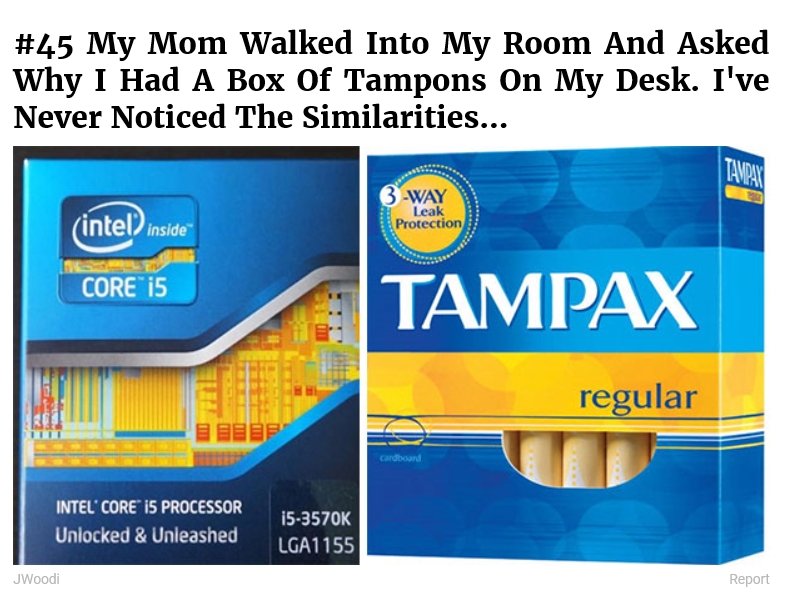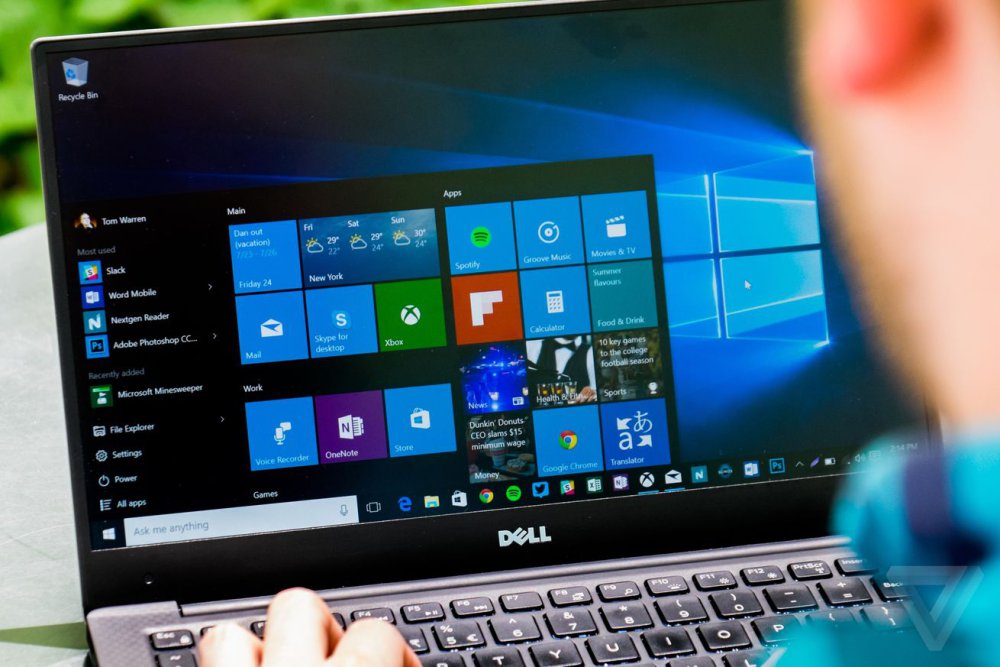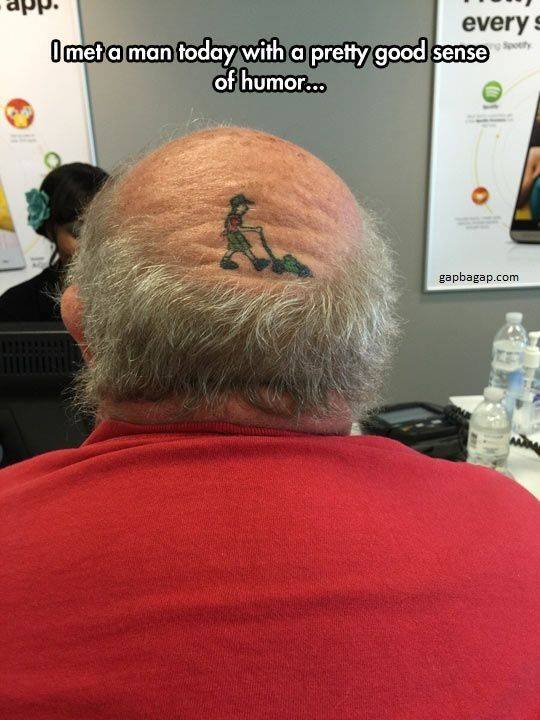If the world of scams was a wrestling ring, the Federal Trade Commission would be launching itself from the corner to deliver a world of hurt on tech support scammers who claim consumers’ computers are full of malware and other nasty stuff that can only be vanquished by paying them hundreds of dollars.
The FTC isn’t taking issue with just one or two scammers right now, nope: As part of “Operation Tech Trap” — a coordinated effort with international partners and state authorities to crack down on such scams — the agency announced 16 new actions [PDF] it’s taking against scammers. Those actions includes complaints, settlements, indictments, and guilty pleas.
Most of the scammers targeted in the operation have similar MO’s: They populate a victim’s computer with fake security alerts that look like they’re from a legit tech company like Microsoft or Apple, warning them that their computers are full of viruses, are being hacked, or are otherwise vulnerable to hackers.
The ads urge computer users to call a toll-free number for help ridding their machines of infection or prevent an attack. Here’s an example:
Not realizing that the person on the phone isn’t actually a tech expert working for a major company, some consumers will go along with whatever the scammer says, including allowing them remote access to their computer so they can “fix” the issue.
Subsequent “diagnostic tests” inevitably spit out the same result: Your computer is in grave danger, and you have to pay hundreds of dollars for completely unnecessary computer repair services, service plans, anti-virus protection or software, and other products and services.
“Tech support scams prey on consumers’ legitimate concerns about malware, viruses and other cyber threats,” said Tom Pahl, Acting Director of the FTC’s Bureau of Consumer Protection.
Here’s the quick rundown of the actions announced today (full list here [PDF]):
• The FTC alleges in four of the new complaints that defendants used these kinds of tactics to scam Americans out of millions of dollars. In three of those cases, the agency says it’s already obtained temporary restraining orders that halts business at the companies in question by freezing their assets and appointing a temporary receiver to handle things.
• Settlements against two massive tech support operations that they had previously sued for bilking consumers out of millions of dollars.
• Federal criminal charges against seven individuals in connection with an investigation into two companies that formerly operated a tech support boiler room in Florida. The Florida Attorney General’s Office sued and obtained an order halting the business in June 2016.
• The campaign against tech support scams reaches beyond our borders as well, as the FTC says it’s been working with Indian officials to wage war on such scams operating there.
If you believe you’ve been the victim of a tech support scam, here’s what the FTC suggests you do:
• Update or download legitimate security software and scan your computer. Delete anything the software says is a problem.
• Change any password you shared with someone, on every account that uses those passwords.
• If you paid for a bogus service with a credit card, call the credit card company and ask to reverse the charges. Keep a close eye on your statements for any charges you didn’t make and request to reverse those charges as well.
• Report the scam to ftc.gov/complaint.
“The FTC is proud to work with federal, state and international partners to take down these scams, and help consumers learn how they can safeguard their computers against real cybersecurity threats,” Pahl said.
For more information on tech support scams, check out the FTC’s recently updated consumer education portal on that topic.
Source: Consumerist






